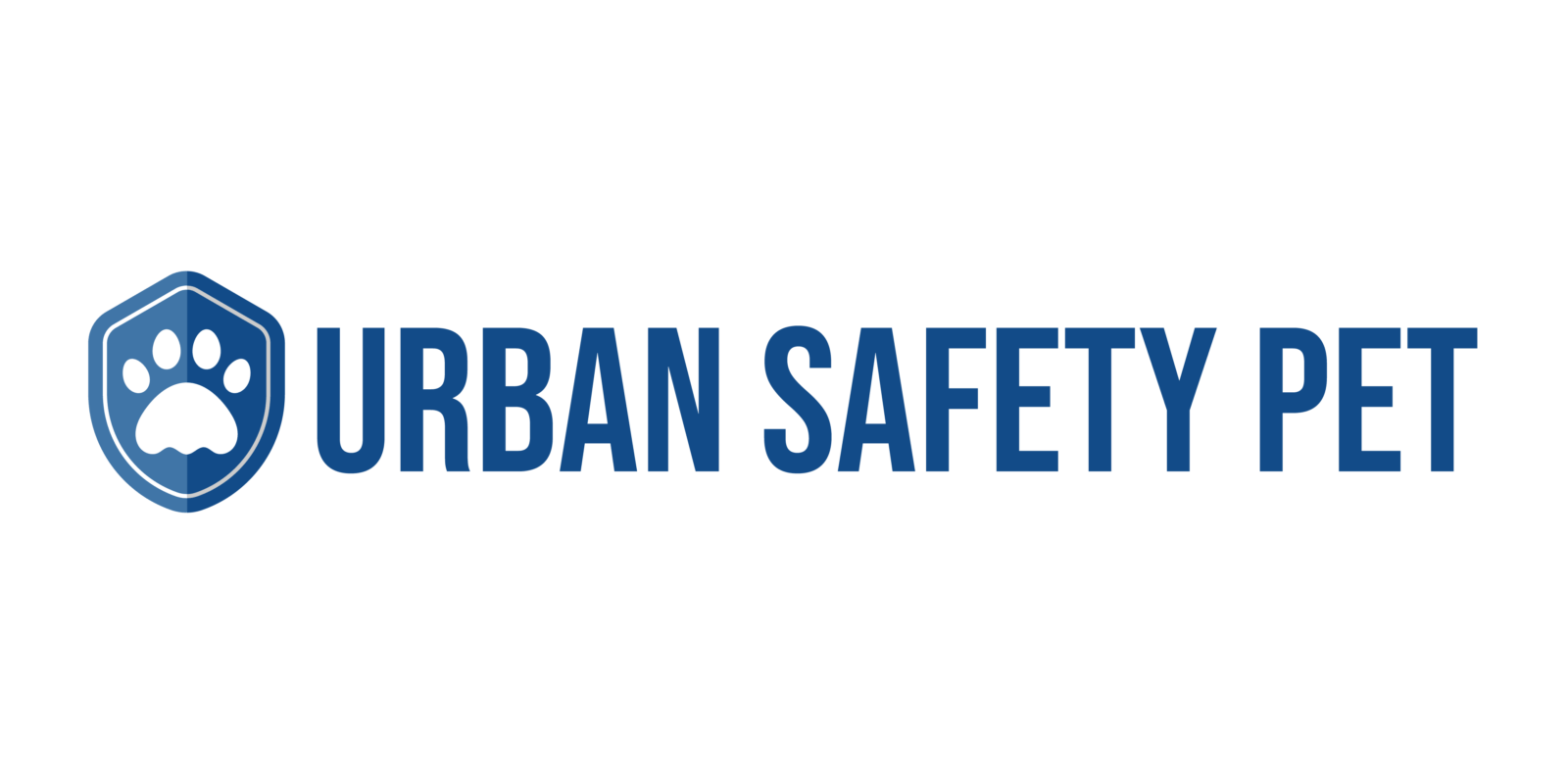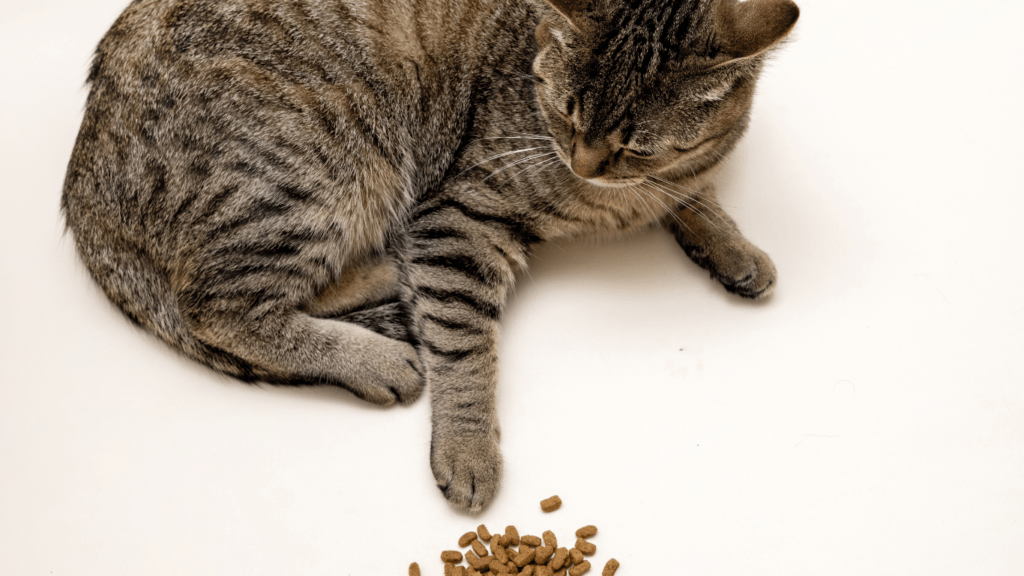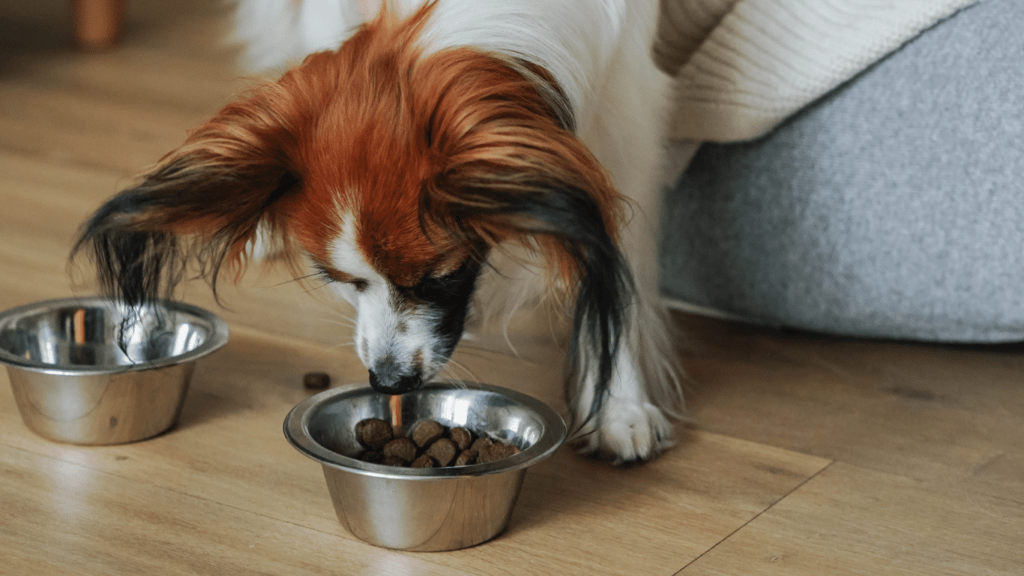Understanding the Importance of a Balanced Diet
A balanced diet is critical for pets’ health. Pets need proteins, fats, carbohydrates, vitamins, and minerals in specific ratios to maintain their well-being. Proteins, found in meat, fish, and beans, support muscle growth and repair. Fats, present in fish oil and poultry fat, provide energy and help absorb vitamins. Carbohydrates, such as those in grains and vegetables, supply quick energy. Vitamins and minerals, sourced from fruits, vegetables, and supplements, support immune function and metabolic processes.
A balanced diet impacts pets’ skin and coat health. Essential fatty acids, like Omega-3 and Omega-6, promote a shiny coat and prevent dryness. A diet lacking these nutrients can lead to dull fur and skin issues, making pets more prone to infections and allergies. Pets’ immune systems also benefit from a balanced diet. Nutrients like vitamins A, C, and E enhance immune responses, helping pets fend off illnesses.
Energy levels depend on diet quality. High-quality pet food with balanced nutrients sustains consistent energy, ensuring pets remain active and engaged. Inadequate nutrition causes lethargy, making pets less playful and reducing their interaction levels. Weight management also relies on a balanced diet. Obesity in pets is preventable with proper nutrition that controls calorie intake and maintains healthy body weight, reducing risks of chronic diseases like diabetes and arthritis.
Understanding the ingredients in pet food is vital. Labels should list named protein sources (e.g., chicken, beef) and avoid vague terms like “meat by-products.” High-quality pet food often contains whole grains, vegetables, and named meats, ensuring pets receive genuine nutrition. Low-quality food may include fillers and artificial additives, which offer little nutritional value and can harm pets’ health over time. Recognizing these differences aids in making informed decisions about pets’ diets.
Special dietary needs require attention. Some pets have allergies or specific health conditions necessitating tailored diets. Common allergens include wheat, soy, and dairy. Identifying and eliminating these helps alleviate symptoms and improve pets’ quality of life. Veterinary guidance is crucial when formulating special diets to meet pets’ unique nutritional needs effectively.
Feeding schedules and portion control are important. Regular feeding times and measured portions prevent overeating and ensure consistent nutrient intake. Overfeeding leads to weight gain and associated health problems. Monitoring pets’ response to their diet allows for adjustments to maintain optimum health. If appetite, weight, or activity level changes, consulting a veterinarian ensures dietary needs are continuously met.
Nutritional Needs of Different Pets
Different pets have varying nutritional needs, which must be carefully met to ensure their health and well-being. Below, I’ve detailed the specific dietary requirements for dogs, cats, and small pets.
Dogs and Their Dietary Requirements
- Dogs require a mix of proteins, fats, carbohydrates, vitamins, and minerals to maintain their health.
- Proteins are essential for muscle development and repair. Quality protein sources include chicken, beef, turkey, and lamb.
- Fats provide energy and support skin and coat health. Omega-3 and Omega-6 fatty acids, often found in fish oil and flaxseed, are particularly beneficial.
- Carbohydrates supply energy and aid digestion, with sources such as brown rice and sweet potatoes being optimal.
- Vitamins (A, D, E, K, B-complex) and minerals (calcium, phosphorus) support various physiological functions like bone health and immune response.
- Fresh vegetables and fruits can provide these nutrients.
Cats and Their Dietary Requirements
Cats have unique dietary needs due to their status as obligate carnivores. Protein is crucial for cats, and they need higher amounts compared to many other pets. Animal-based proteins such as:
- poultry
- fish
- beef
are ideal. Amino acids like taurine, found in animal tissues, are essential for their heart and eye health. Healthy fats are necessary for energy provision and maintaining a glossy coat.
Essential fatty acids like arachidonic acid, found in animal fats, must be included. Cats also require certain vitamins and minerals, including Vitamin A, niacin, and thiamin, which they cannot synthesize efficiently from plant material. A balanced commercial cat food often covers these needs.
Dietary Needs of Small Pets
Small pets, such as rabbits, guinea pigs, hamsters, and ferrets, have diverse dietary requirements. Rabbits and guinea pigs need a high-fiber diet primarily composed of hay, supplemented with fresh vegetables and a limited number of pellets.
Vitamin C is crucial for guinea pigs, so they’re often fed bell peppers and leafy greens. Hamsters require a diet consisting of grains, seeds, and fresh greens, alongside occasional protein sources like hard-boiled eggs. Ferrets need a high-protein, high-fat diet similar to cats, with meat-based meals being optimal. Always avoid sugary and high-carbohydrate foods for small pets, as they can lead to health problems.
Understanding these varied requirements ensures pets receive appropriate nutrition, promoting their overall health and longevity.
Common Nutritional Deficiencies in Pets

Nutritional deficiencies can severely impact a pet’s health. Identifying common deficiencies helps ensure a balanced diet for optimal well-being.
Symptoms and Health Issues
Nutritional deficiencies manifest in various symptoms and health issues in pets. Protein deficiency often leads to muscle wasting and lethargy. Dogs and cats may develop dull coats and skin problems if they lack essential fatty acids.
Vitamin A deficiency in cats causes night blindness and skin issues. Small pets like guinea pigs may suffer from scurvy, showing lethargy and joint swelling, due to insufficient vitamin C. Mineral deficiencies, such as calcium in rabbits, can result in fragile bones and dental problems.
Prevention Strategies
Preventing nutritional deficiencies involves providing well-rounded diets tailored to specific needs. Use high-quality pet food formulated for the species and life stage. For example, premium dog foods often contain balanced protein, fats, vitamins, and minerals. Ensure cats receive taurine and meat-based foods. Offer small pets, like rabbits, unlimited access to hay for fiber and vitamin C supplements for guinea pigs. Regularly consult veterinarians to adjust diets as pets age or their health changes.
Choosing the Right Pet Food
Providing a balanced diet begins with choosing the right pet food for your animal. It’s essential to look closely at the options available and understand the specifics of what each type offers.
Reading Pet Food Labels
Pet food labels contain critical information about nutritional content. Pay attention to the ingredient list, noting meat sources and any fillers. Ingredients are listed by weight, so the first few components typically make up the bulk of the food. Look for named protein sources like “chicken” or “beef” rather than generic terms like “meat.”
Nutrition information provides details on protein, fat, fiber, and moisture content. Compare these percentages to your pet’s needs. For example, growing puppies generally require a higher protein diet than adult dogs.
AAFCO (Association of American Feed Control Officials) statements show if the food meets basic nutritional requirements. Choose products labeled as “complete and balanced,” which indicates they offer essential nutrients in proper proportions.
Homemade Versus Commercial Pet Food
Deciding between homemade and commercial pet food involves evaluating several factors. Commercial pet food offers the convenience of a ready-made, nutritionally balanced option. Brands like Hill’s Science Diet and Royal Canin undergo rigorous testing and quality control, ensuring consistency in their product.
Homemade pet food allows for complete control over ingredients and preparation methods. This can be beneficial for pets with specific dietary needs or allergies. However, it requires a diligent approach to ensure the diet remains balanced. Collaborate with a veterinarian or a pet nutritionist to formulate appropriate recipes.
In both cases, consistency in quality and an understanding of your pet’s specific nutritional needs are crucial for maintaining their health and well-being.
The Role of Supplements in Pet Diets
Supplements can enhance your pet’s diet when regular food isn’t enough. They help in addressing specific deficiencies and improving overall well-being.
When Supplements are Necessary
Veterinarians often recommend supplements if your pet has specific health issues or deficiencies. Issues such as joint problems, poor coat quality, or gastrointestinal trouble benefit from supplements.
In cases where commercial pet food doesn’t meet all nutritional needs, especially during growth, pregnancy, or illness, supplements offer additional support. Regular veterinary consultations should precede any decision to add supplements to ensure appropriateness for your pet’s unique needs.
Types of Pet Supplements
Pet supplements come in various forms. Common types include multivitamins, which ensure balanced nutrient intake; omega-3 and omega-6 fatty acids for coat and skin health; and glucosamine and chondroitin for joint support. Probiotics aid digestive health, while antioxidants defend against cellular damage. Taurine is vital for cats due to their inability to produce it naturally. Always choose high-quality, vet-approved supplements to ensure safety and efficacy for your pet’s health.




